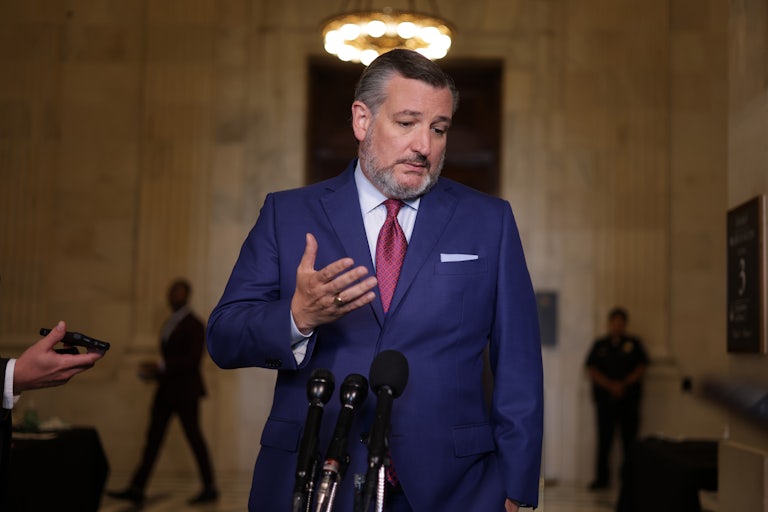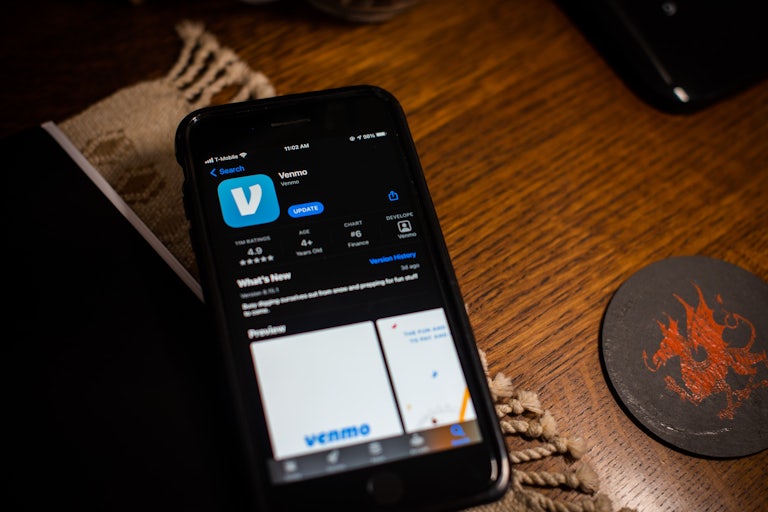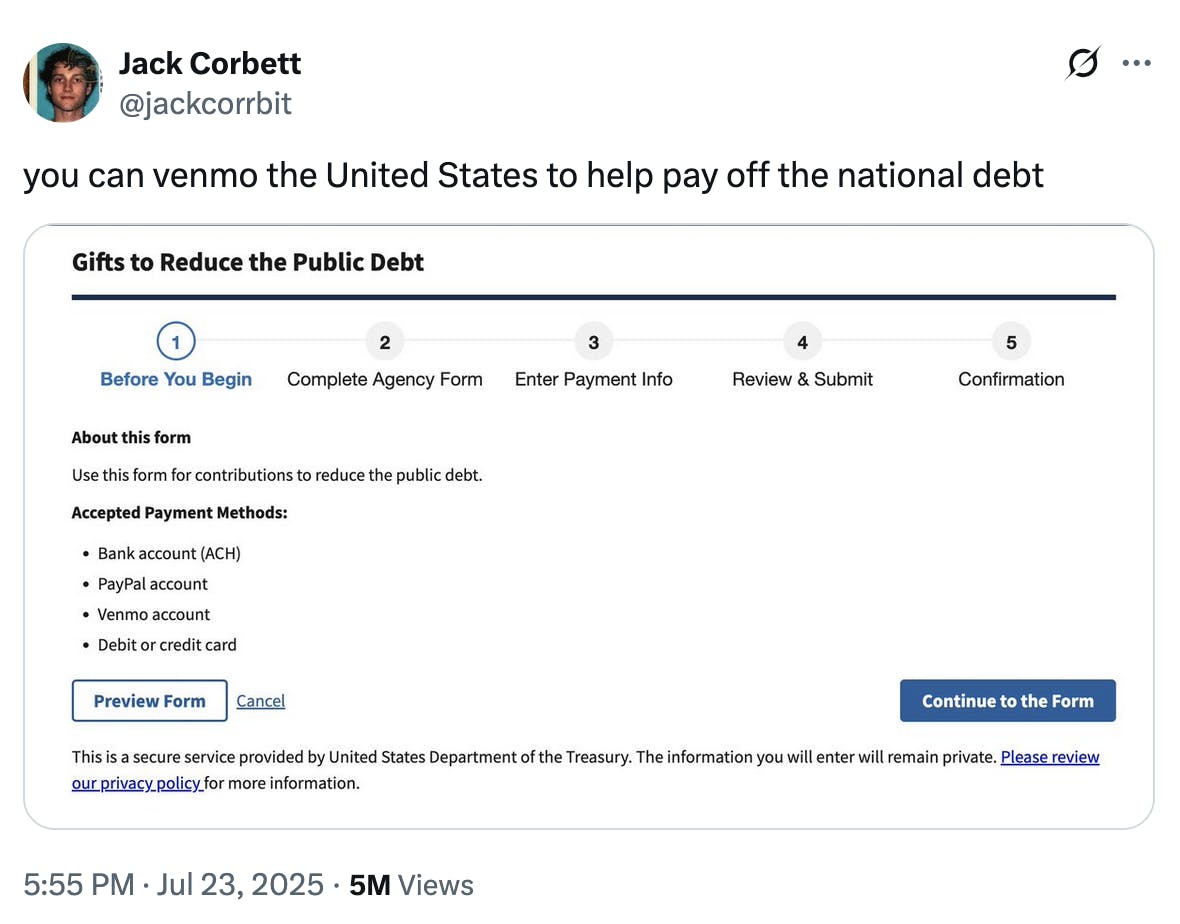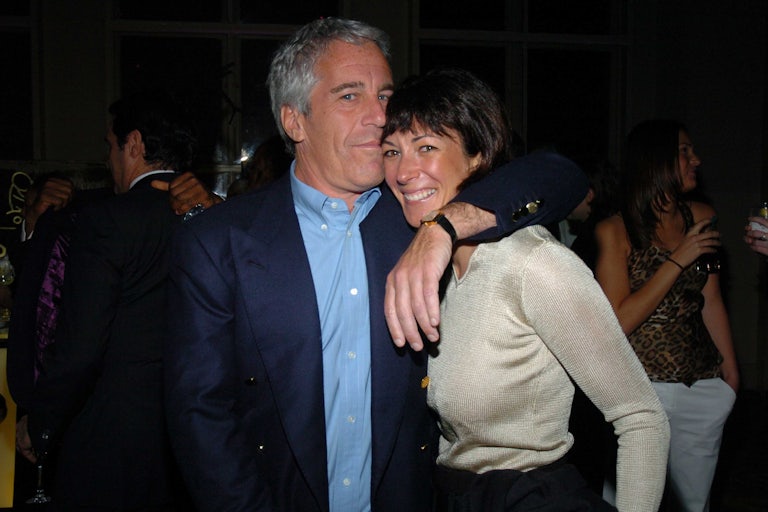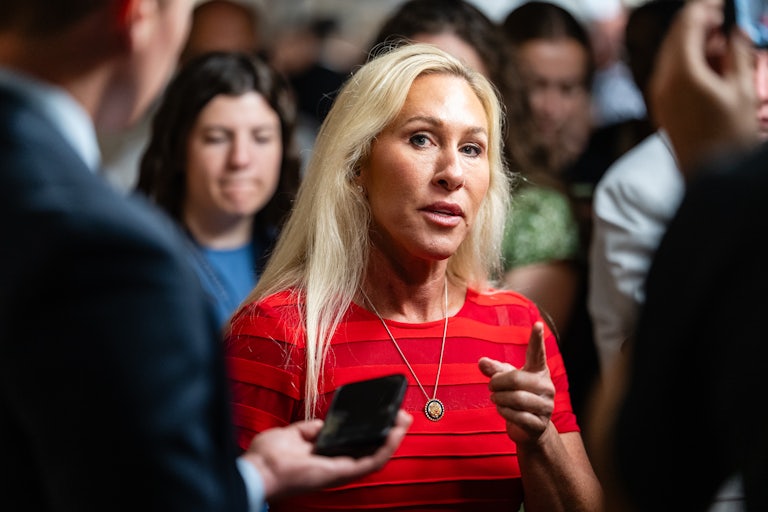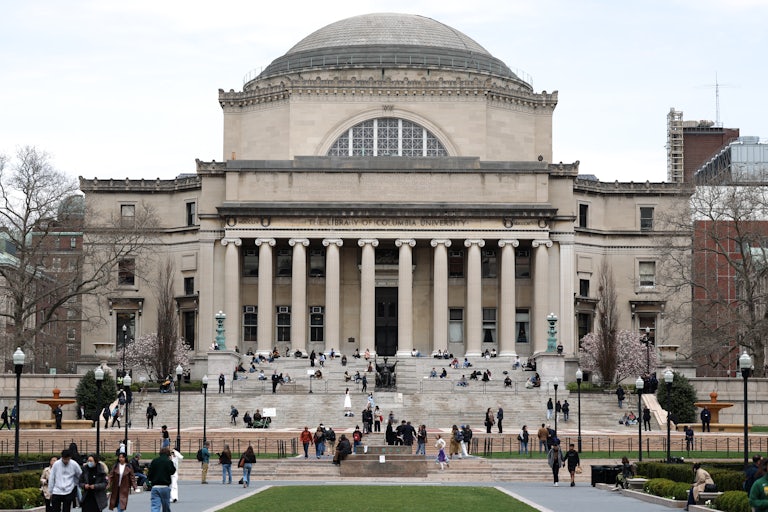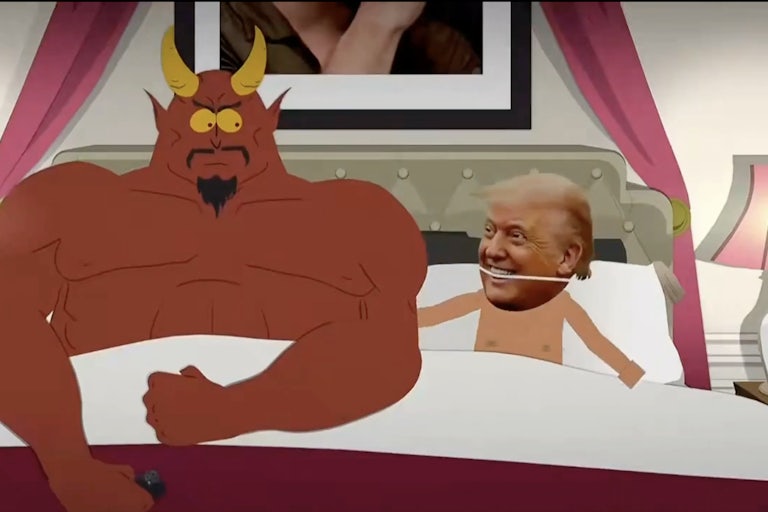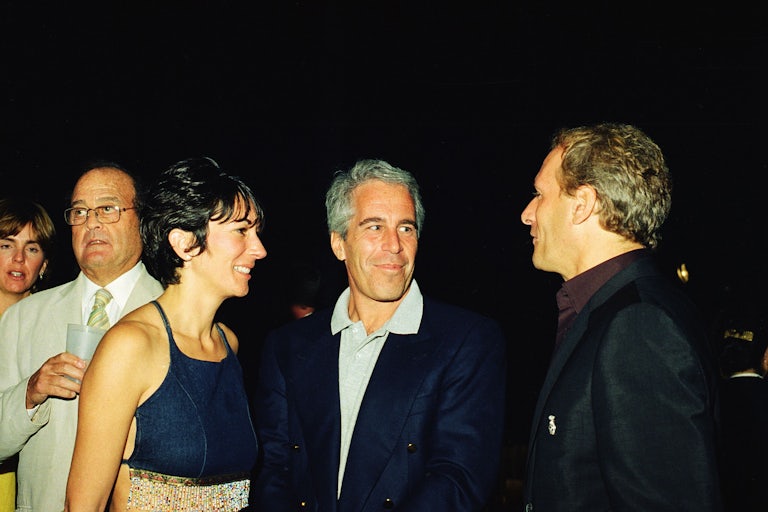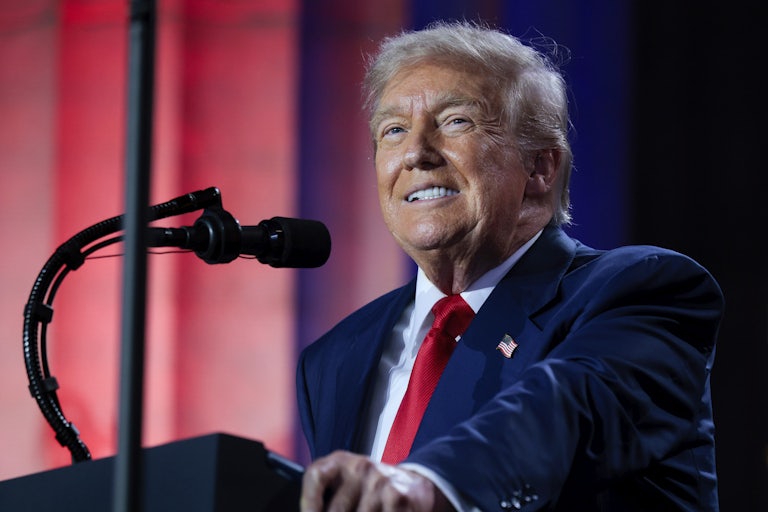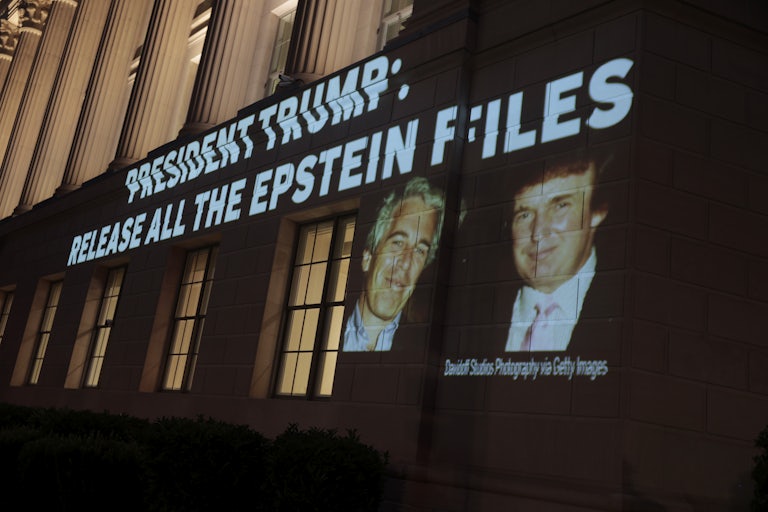Trump Team Pissed as L.A. Juries Refuse to Indict ICE Protesters
U.S. Attorney Bill Essayli was reduced to screaming after his latest failure.
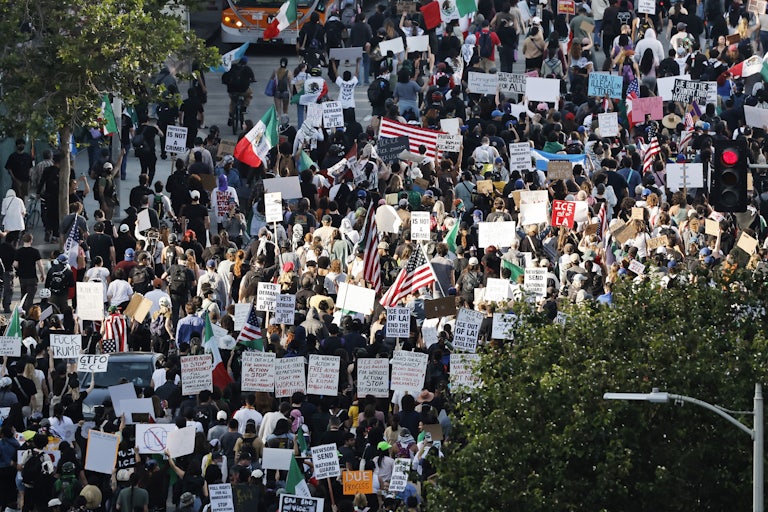
It seems the city that rose up to protect its neighbors from Immigration and Customs Enforcement is similarly protective of its protesters—especially when they’re being tried on trumped-up charges.
Donald Trump’s federal prosecutor in Los Angeles is struggling to get indictments for protesters arrested in anti-ICE demonstrations earlier this summer, the Los Angeles Times reported.
Grand jury indictments only require probable cause that a crime has been committed—a lower bar than the standard for a criminal conviction. And even so, out of the 38 felony cases filed by Trump-appointed U.S. Attorney Bill Essayli, only seven have resulted in indictments.
In a recent case, the grand jury refused to indict a protester accused of attacking federal law enforcement officials. And Trump’s prosecutor was not happy: The Times described “screaming” that was “audible” from outside the grand jury room coming from Essayli.
According to legal experts interviewed by the Times, it’s incredibly rare that a grand jury wouldn’t indict in cases like these—which indicates weak cases brought by an attorney whose goal may be to promote Trump’s anti-immigration agenda rather than go after real crime.
Meghan Blanco, a former federal prosecutor in L.A., said the cases are “not deserving of prosecution.” Some may have even been based on faulty intel from ICE agents, the supposed victims of the alleged crimes.
Either “what is being alleged isn’t a federal crime, or it simply did not happen,” she told the Times.
In June, thousands of Angelenos took to the streets to protest ICE raids that saw the federal anti-immigration officers arresting people attending mandatory check-ins at a federal building and snatching people from Home Depot. Though the protests were largely peaceful, some escalated as ICE and the Los Angeles Police Department used tear gas and “less-lethal” munitions on the crowd.
Community organizer and protester Ron Gochez said at the time that it was “brutal violence” but that “what they didn’t think was going to happen was that the people would resist.”
To the Times, former prosecutor Carley Palmer said that Essayli’s struggle to get his cases through was “a strong indication that the priorities of the prosecutor’s office are out of sync with the priorities of the general community.” Yet again, the Trump administration has likely underestimated L.A. residents’ appetite for resistance.
